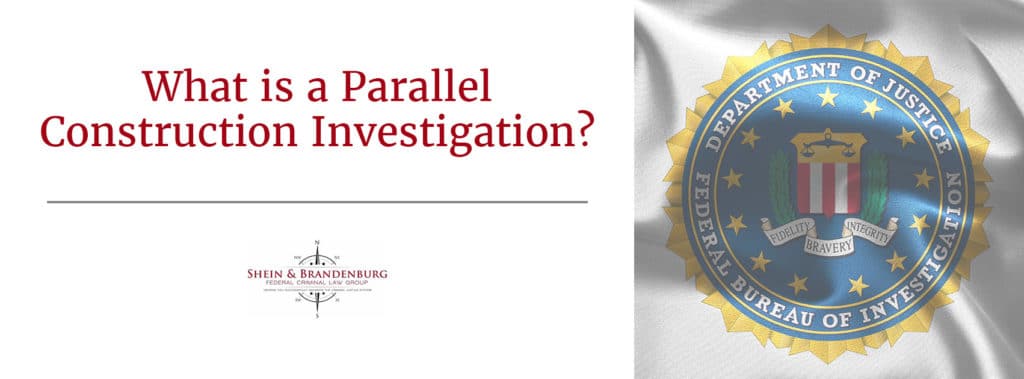A recent report issued by Human Rights Watch states that the federal government has begun using secret evidence to mount criminal cases. The technique for evidence collection is called “parallel construction” and involves federal law enforcement hiding classified or sensitive methods from a court of law due to the construction of parallel chains of construction. The report shows that numerous federal enforcement agencies operate in such a manner. Humans Rights Watch raises several concerns about this type of investigation method including defendants being left unable to challenge evidence collection in such a manner, searches that violate the Fourth Amendment might be hidden, and law enforcement is able to act in a discriminatory manner.
How the Practice Originated
A report in Reuters first revealed that the Special Operation Division, a subsidiary of the Drug Enforcement Administration, shuttled surveillance tips to field agents. These tips came from intelligence intercepts, informants, a large database of telephone records, and wiretaps. Agents are trained to then recreate a parallel investigative trail to effectively hide details about how information related to a case originated. As a result of this activity, the Human Rights Watch is urging the federal government to disclose the origins of investigations in a case, which would result in a total prohibition of parallel construction.
United States V. Daoud
A federal court in Chicago, Illinois recently ordered National Security Administration surveillance procedures to be disclosed to criminal defense counsel so that it could determined how information about a case actually originated. This Court found that an accurate determination of the legality of surveillance should be part of a court proceeding due to the nature of the Sixth Amendment.
The Government’s Rationale Behind Parallel Investigation
The federal government has raised some arguments for why parallel construction should be viewed as an acceptable investigation method, which include:
- The Fourth Amendment to the United States Constitution already creates protection against unreasonable searches and seizures by law enforcement.
- The Fifth and Fourteenth Amendments prohibit the government from depriving a person of their liberty without due process of the law.
- Judges in United States courts of law already often prohibit prosecutors from introducing evidence that was obtained due to illegal activities. This law is referred to by lawyers as “fruits of the poisonous tree” or the “exclusionary rule” and is designed to prevent law enforcement activity. One exception to the “exclusionary rule”, however, is that evidence that is genuinely independent of an earlier tainted source is still capable of being used as evidence. Parallel construction is disguised as an independent source but scholars against the method argue that it is not “genuinely independent.”
Obtain the Services of a Strong Federal Criminal Defense Attorney
Even if the federal prosecution claims that it is not aware of any parallel construction or illegal strategies in your case, it is important to not stop there. The legal counsel at the Federal Criminal Law Center will do everything that it can to conduct a rigorous and thorough investigation of your case so that the strongest defense possible can be raised. Contact our law office today for assistance.


